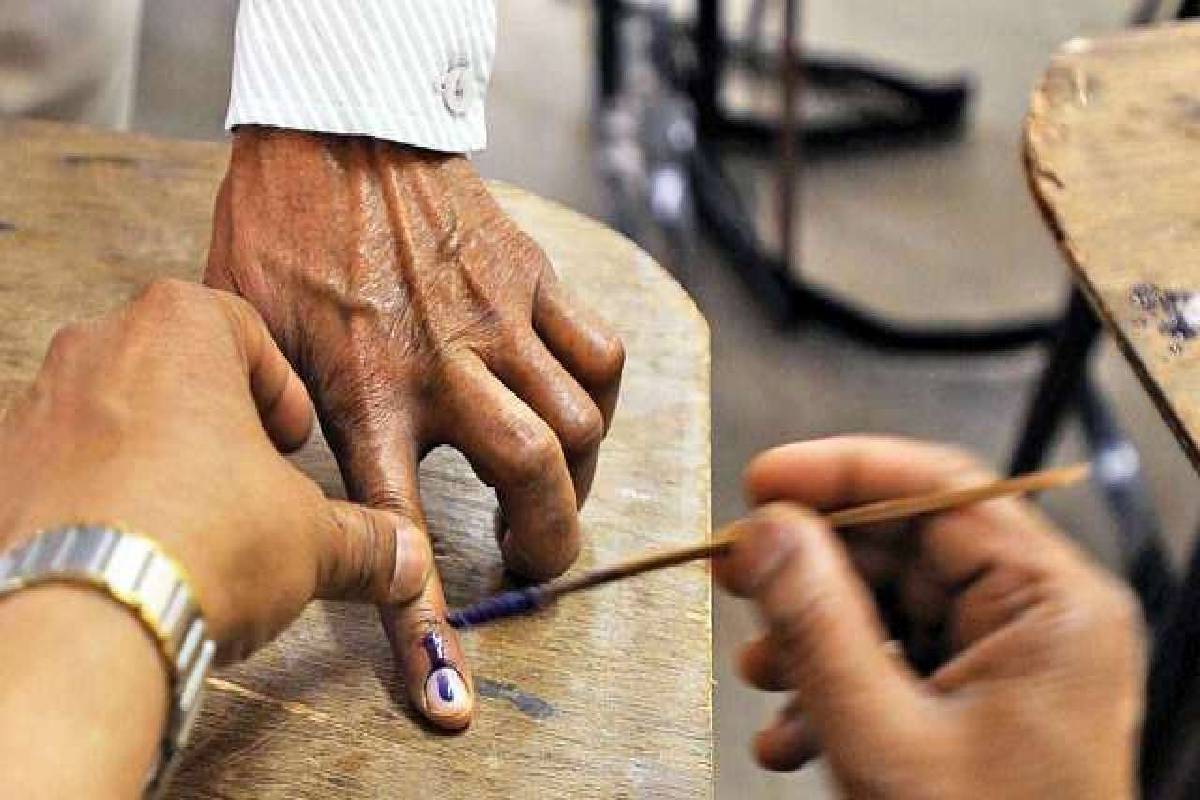PM Modi inaugurates wildlife conservation, rehabilitation initiative in Gujarat
Prime Minister Narendra Modi on Tuesday inaugurated Vantara, a unique wildlife conservation, rescue and rehabilitation initiative in Jamnagar, Gujarat.

(Representational image)
The concept of “One Nation, One Election” has once again gained momentum in India’s political discourse, presenting another opportunity to streamline our electoral processes. While the BJP has recently pushed for its early implementation, there is a way to bridge the divide over this issue between it and the Opposition and ensure a smoother transition. The BJP’s fervour for “One Nation, One Election” is evident, especially as we approach the upcoming Parliamentary polls.
The timing of this proposal, just seven months before the elections, is no coincidence. The party seeks to capitalise on Prime Minister Modi’s favourable approval rating, hoping it will sway voters in its favour in state elections as well. However, beneath this political strategy lies a deeper motive. The BJP’s struggle to present popular chief ministerial candidates for state elections reveals a deeper issue the party’s overwhelming reliance on the Prime Minister. While the BJP has a strong cadre base, its transformation into a Modi-centric party has hindered its performance in elections where the Prime Minister is not a candidate.
Advertisement
This is a critical challenge. Given this predicament, the BJP’s eagerness to con- solidate state assembly and Parliamentary polls is understandable. Assuming all polls are correct and the BJP secures a third term at the Centre under Mr. Modi’s leadership next year, the party will have to consider how it confronts the election in 2029. Mr. Modi will by then be 79 and the party may feel it is time to prepare the next rung of leaders.
Advertisement
To bridge the divide and ensure a smoother transition to “One Nation, One Election,” a middle-ground solution is needed. Instead of rushing to implement this massive reform, let the constitutional amendment the Ramnath Kovind Committee has been tasked to propose take effect six years from now, and with the consent of all parties. In other words, the first “One Nation, One Election” for both Lok Sabha and state assemblies could be held in 2029.This approach allows adequate time for preparation and consensus building among political parties. It ensures a gradual shift towards simultaneous elections while addressing the concerns raised by the opposition. It also provides the BJP with the opportunity to focus on its own internal dynamics, including the emergence of leadership beyond Mr. Modi. Delaying the implementation until 2029 doesn’t dilute the potential benefits of “One Nation, One Election.”
The substantial cost savings from fewer elections remain a compelling advantage. But successful implementation requires a balanced approach. By postponing its full-scale rollout until 2029, we can address constitutional challenges, respect democratic principles and provide all political parties ample time to adjust. This compromise allows us to harness the benefits of this reform while maintaining the integrity of our electoral system. It also compels the BJP to focus on its internal dynamics, which is essential for its long-term political sustainability. At the same time, the BJP can ensure its role in the authorship of this reform is used politically.
Advertisement